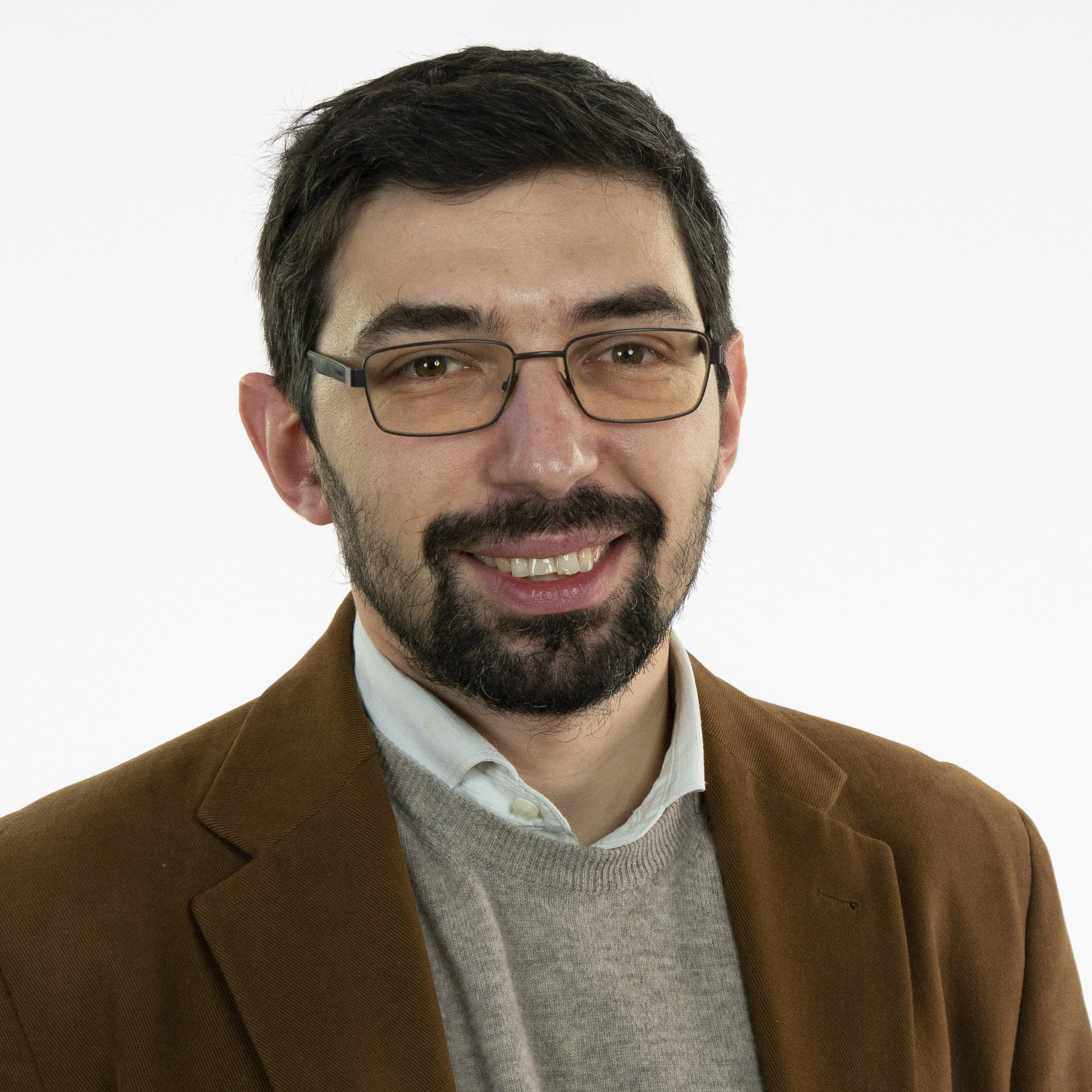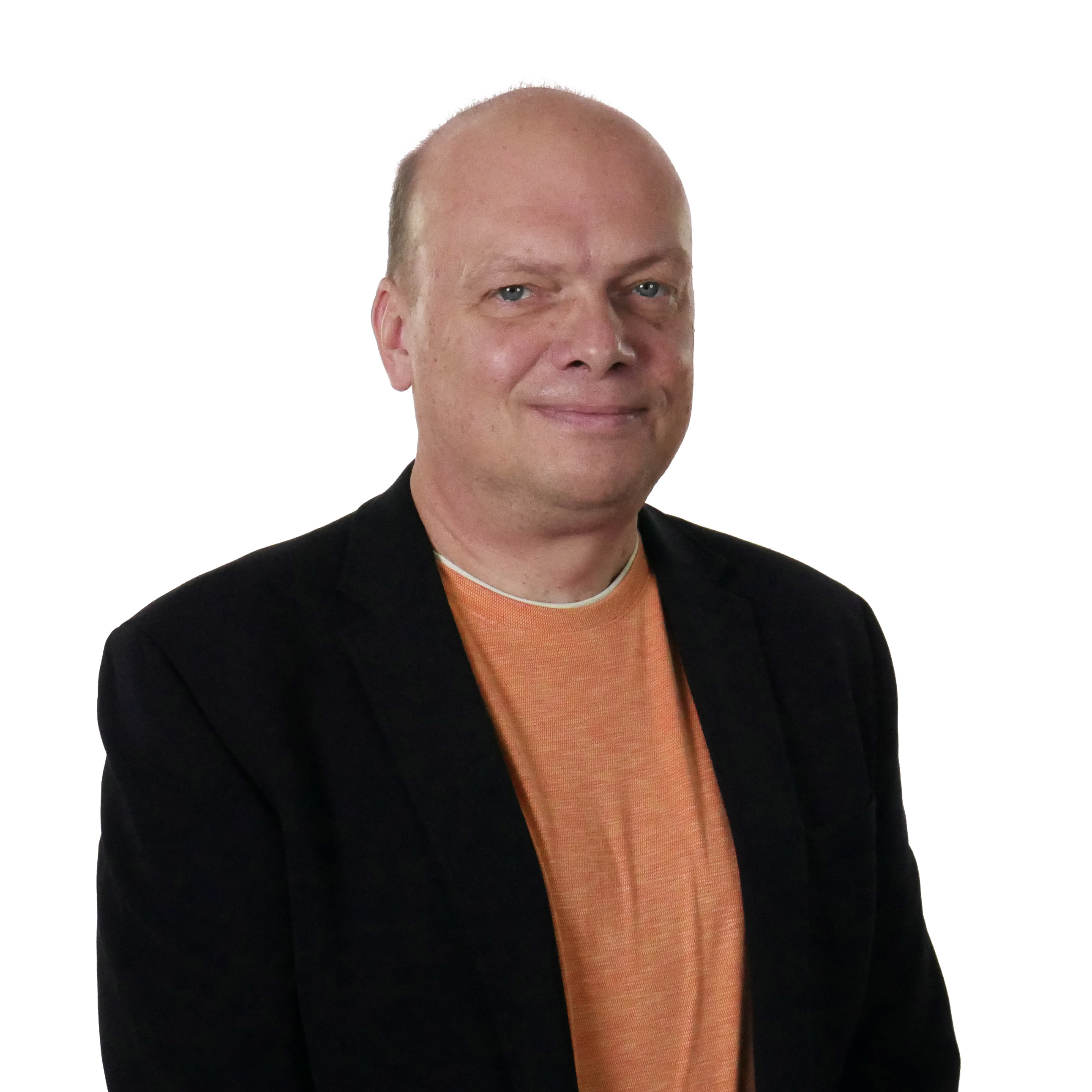Log in and enrol
Particle-Laden Flows: Theory and Engineering Applications
Particle-Laden Flows: Theory and Engineering Applications
Solid particles carried along in a fluid flow: physical fundamentals, measurement techniques, and modelling frameworks in an application-oriented view.
Course description
The MOOC, developed in the context of a collaborative research project, will provide an application-oriented yet theoretically rigorous overview of particle-laden flows, i.e., two-phase flows of solid particles within a carrier fluid (liquid or gas). These flows are encountered in many engineering fields, including but not limited to the mining industry, the oil & gas industry, and the hydraulic engineering.
Students attending this course will learn how particle-laden flows can be characterized from a physical and engineering point of view, and they will be able to decide the most appropriate approach for handling these flows at the design level, including different techniques for the numerical simulation as well as the physical testing in laboratory setups. After discussing these aspects in a general framework, special attention will be paid to two phenomena of considerable industrial impact, namely, the liquid-solid transport in pipelines and the damage produced by the travelling solids on pipeline components and hydraulic equipment.
As an appendix to the course, a number of case studies will highlight the importance of particle-laden flows in academic research and engineering practice. As well as by the partners of the project, these case studies have been gratefully provided by Francisco Souza & Carlos Antonio Ribeiro Duarte (Federal University of Uberlândia, Brazil), François Avellan & Sebastián Leguizamón (EPFL-LMH, Switzerland), Magdalena Walczak & Javiera Aguirre (Pontificia Universidad Católica de Chile), Giacomo Nutricato & Simone Gorini (ENI S.p.A., Italy), Harry Claydon & Mike Malin (CHAM – Concentration Heat and Momentum, UK), Thomas Senfter (MCI – The Entrepreneurial School, Austria).
Total workload of the course: 28 hours
This MOOC is provided by Politecnico di Milano.
Financed within the “t.i.m.e. call of projects 2018-2019”
The MOOC project was financed within the “T.I.M.E. Call of Projects 2018-2019”. Coordinator of the project is PoliMI - DICA (Gianandrea Vittorio Messa, contact person and course coordinator; and Stefano Malavasi), and the other partners are Czech Technical University in Prague (Vaclav Matoušek), University of Campinas (José Gilberto Dalfré Filho), Xi’an Jiaotong University (Xu Donghai), and Xi’an Shiyou University (Zhiguo Wang).

Intended Learning Outcomes
By actively participating in this MOOC, you will be able to:
- Understand the fundamentals of particle-laden flows – ESCO: fluid mechanics
- Analyze and model particle-laden flows – ESCO: computational fluid dynamics
- Evaluate industrial applications and challenges – ESCO: engineering processes
- Apply knowledge to engineering design and research – ESCO: industrial research and development
Prerequisites
The MOOC was developed for M.Sc. undergraduates and post-graduate engineers. The following prerequisites are recommended: material point mechanics, continuum mechanics, calculus, and basic fluid mechanics.
Activities
Over and above consulting the content, in the form of videos and other web-based resources, you will have the opportunity to discuss course topics and to share ideas with your peers in the Forum of this MOOC. The forum of this MOOC is freely accessible and participation is not guided; you can use it to compare yourself with other participants, or to discuss course contents with them.
Section outline
-
-
-
Week 1 is dedicated to the fundamentals of particle-laden flows, including the key parameters and physical features of a two-phase solid-fluid system, the physical interactions between the solid particles and the turbulent fluid flow, and the Lagrangian particle equation of motion.
-
Week 2 is focused on the simulation of particle-laden flows based on Computational Fluid Dynamics techniques. Particular attention will be devoted to the frameworks for the description of the motion of the solid particles (Lagrangian / Eulerian) as well as to the methods to reproduce the effect of turbulence.
-
Week 3 will adress the problem of particle transport in slurry pipelines. The technical characterization of slurry pipeline flows will be followed by an in-depth analysis of the investigation methods at disposal of engineers and designers, namely, integral-scale models, experimental testing on both laboratory and field scales, and computational simulations.
-
Week 4 will adress the problem of solid particle erosion, that is, the material removal from pipeline components and hydraulic equipment caused by their interaction with the solid particles carried along with the flow. The phenomenon will be analyzed mostly from the fluid-dynamic perspective, and the common investigation methodologies will be presented assessing their pros, cons and current limitations.
-
In Week 5, a number of application cases provided by academic and industrial organizations allow gathering a more comprehensive view of significant issues related with particle-laden flows in science and engineering.
-
-
Bibliography Page
-
Assessment
Your final grade for the course will be based on the results of your answers to the graded quizzes. You have an unlimited number of attempts at each quiz, but you must wait 15 minutes before you can try again. You will have successfully completed the course if you achieve 60% (or more) of the total score in each quiz. The maximum score possible for each quiz is given at the beginning of the quiz. You can view your score in thethe models for particle–particle and particle–wall collisions quiz on your last attempt or on the 'Grades' page.
Certificate
You can achieve a certificate in the form of an Open Badge for this course if you reach at least 60% of the total score in each one of the assessed quizzes and fill in the final survey.
Once you have completed the required tasks, you will be able to access ‘Get the Open Badge’ and start issuing the badge. Instructions on how to access the badge will be sent to your e-mail address.
The Badge does not confer any academic credit, grade or degree.
Information about fees and access to materials
You can access the course free of charge and completely online.
Course faculty

Gianandrea Vittorio Messa
Teacher
Course coordinator. Gianandrea Vittorio Messa was born in Monza (Milano, Italy) on 6th July 1984. He received the Master Degree cum laude in Civil Engineering and the PhD cum laude in Environmental and Infrastructure Engineering at Politecnico di Milano in 2009 and 2013, respectively. Since 2015, he is Assistant Professor at the Department of Civil and Environmental Engineering of the same university. He is member of the research group “Fluid Lab”, led by Prof. Stefano Malavasi. His research interests mainly concern the numerical and physical modelling of particle-laden and related phenomena, such as hydrotransport processes and impact wear of materials. As a side activity, he also dealt with the topics of energy dissipation and cavitation in hydraulic devices.

Vaclav Matoušek
Teacher
Václav Matoušek was born in Teplice, Czechoslovakia, in August 14, 1963. He received the Master Degree in Civil Engineering from the Czech Technical University (CTU) in Prague in 1986 and the PhD cum laude in Mechanical (Dredging) Engineering from the Delft University of Technology, the Netherlands, in 1997. From 2010, he is Full Professor of Water Engineering and Water Management at Faculty of Civil Engineering of CTU in Prague. Currently, he is Deputy Head of Dept. of Hydraulics and Hydrology at CTU and Senior Research Fellow with the Institute of Hydrodynamics, Academy of Sciences of Czech Republic. His research focuses primarily on two-phase flows with a special attention to pipeline transport of slurries, slurry pumping, rheology of mixtures, flow of rheologically active slurries, sediment transport in open channels and river morphology.
This MOOC might be used and shared in compliance with the conditions of the license. The teachers are always available for ideas exchange, suggestions, discussion, and networking. You are welcome to contact gianandreavittorio.messa@polimi.it.
Contact details
If you have any enquiries about the course or if you need technical assistance please contact pok@polimi.it. For further information, see FAQ page.